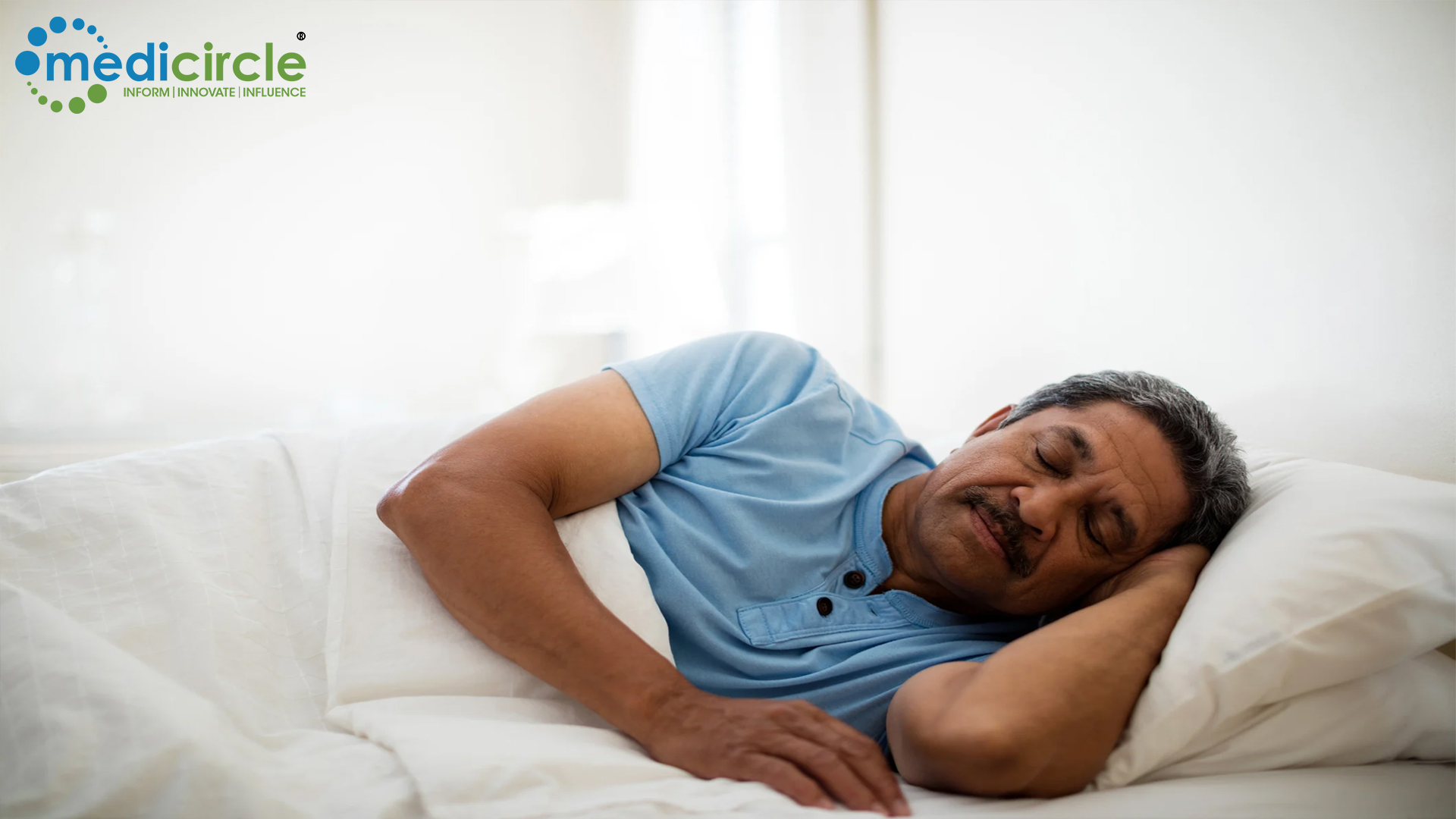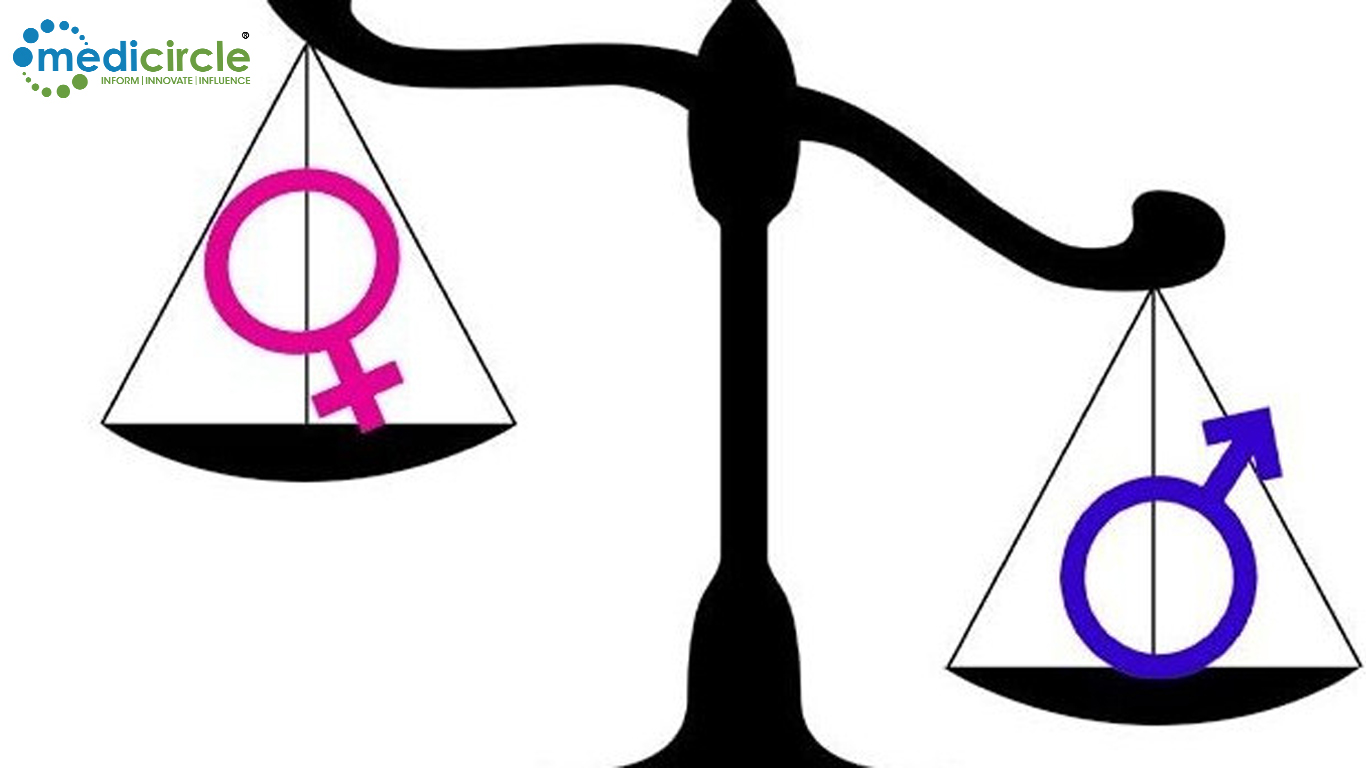In a groundbreaking study conducted by researchers at Stockholm University, a fascinating connection between sleep quality and our perception of age has been revealed. Published in the prestigious journal Proceedings of the Royal Society B, this research sheds light on how the quality of our sleep impacts our subjective sense of age, offering valuable insights into the importance of a good night's rest for overall well-being.
The study, containing two distinct parts, dived into the relationship between sleep habits and age perception among a diverse group of participants. In the initial phase, 429 individuals spanning the ages of 18 to 70 were surveyed about their perceived age, recent sleep patterns, and instances of daytime sleepiness. Surprisingly, the results revealed a significant correlation between insufficient sleep and an accelerated perception of aging. For each night of inadequate sleep experienced in the past month, participants reported feeling approximately a quarter of a year older on average, an eye-opening revelation that highlights the profound impact of sleep deprivation on our subjective experience of age.
Building upon these findings, the researchers embarked on a second phase involving 186 participants aged 18 to 46. During this phase, participants underwent a controlled experiment where their sleep was restricted to a mere four hours per night for two consecutive nights—a stark departure from their usual sleep routines. Subsequently, their perceived age was compared to a baseline established during periods of sufficient sleep, with participants logging nine hours of rest each night. The results were staggering: after enduring two nights of sleep deprivation, participants reported feeling an average of 4.4 years older compared to their well-rested counterparts—an alarming testament to the impact of sleep quality on our perceived vitality and youthfulness.
Furthermore, the study uncovered a compelling correlation between sleepiness levels and subjective age perception. Participants who reported feeling extremely alert tended to perceive themselves as significantly younger than their chronological age, whereas those experiencing extreme sleepiness reported feeling notably older—an observation supported by the use of the Karolinska Sleepiness Scale to quantify subjective alertness levels.
According to Leonie Balter, researcher at Stockholm University's Department of Psychology and a key contributor to the study, the implications of these findings are profound. Balter emphasizes the pivotal role that sleep plays in maintaining a youthful mindset and overall well-being, stressing the importance of prioritizing quality rest for optimal health. "Safeguarding sleep is undoubtedly a crucial factor in feeling young and maintaining an active lifestyle," said Balter, highlighting the integral link between sleep, vitality, and motivation.
As the research continues to reveal the intricate relationship between sleep and age perception, one thing remains abundantly clear: prioritizing a good night's sleep isn't just about feeling refreshed—it's about fostering a sense of vitality and youthfulness that transcends mere numbers on a calendar. So, the next time you're tempted to sacrifice sleep in favor of productivity or leisure, remember the profound impact that quality rest can have on your perception of age and well-being. After all, when it comes to feeling young at heart, a restful night's sleep may be the best-kept secret of all.

 So, the next time you're tempted to sacrifice sleep in favor of productivity or leisure, remember the profound impact that quality rest can have on your perception of age and well-being.
So, the next time you're tempted to sacrifice sleep in favor of productivity or leisure, remember the profound impact that quality rest can have on your perception of age and well-being.









.jpg)
.jpg)









.jpeg)

.jpeg)










.jpg)




.jpg)

